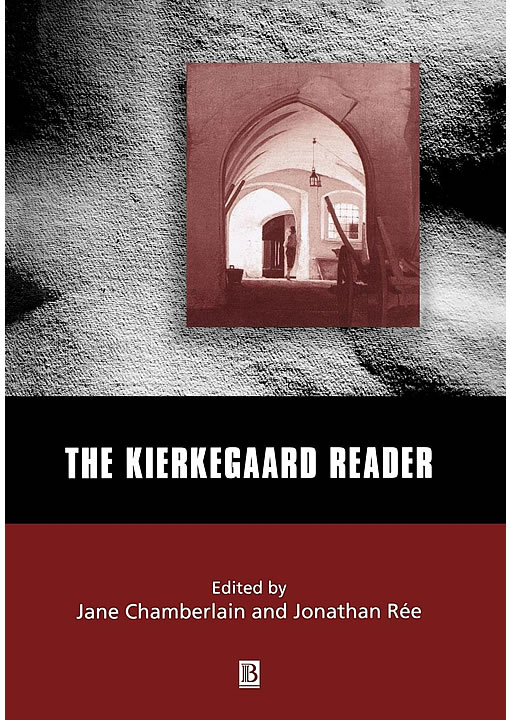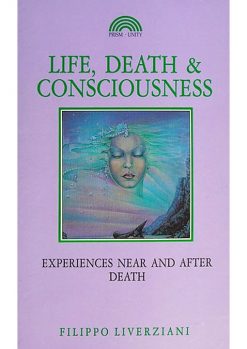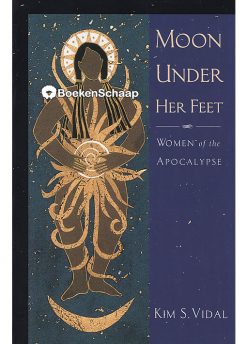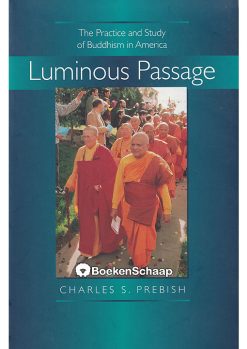The Kierkegaard Reader
€ 19,95
Uitgever: Blackwell
Jaar: 2001
Aantal bladzijden: 403
Conditie: in goede staat
Soort: Tweedehands
Uitverkocht
Vul hieronder je mailadres in om een bericht te ontvangen als het boek weer op voorraad is:
The Kierkegaard Reader – Jane Chamberlain, Jonathan Ree
This anthology aims to present a rounded picture of the new ‘Kierkegaard’ in English. After an introduction explaining how Kierkegaard viewed the task of ‘becoming a philosopher’ there are extracts from the ‘Concept of Irony’ and the pseudonymous works: ‘Either/Or’ and ‘Fear and Trembling’. This anthology is the first attempt to present a rounded picture of ‘Kierkegaard as a philosopher’ in English.
After an introduction explaining how Kierkegaard viewed the task of ‘becoming a philosopher’, there are generous extracts from the Concept of Irony and the great pseudonymous works: Either/Or, Fear and Trembling, Repetition, Philosophical Fragments, The Concept of Anxiety, Prefaces, Johannes Climacus and Concluding Unscientific Postscript. Kierkegaard’s own attempts to summarize the significance of his writings are also included, so that readers have the opportunity to make up their own minds about the adequacy of his retrospective accounting.
The Kierkegaard who emerges from these pages is not only a penetrating analyst of temporality, individuality, and irony, but also a lithe, witty and versatile stylist. He is probably one of the greatest writers in the philosophical tradition, and surely one of the most humorous. The anthology makes use of a range of classic translations, and includes new translations by Jane Chamberlain and Jonathan Rée, explanatory introductions, an index and a glossary. The anthology makes use of a range of classic translations, and includes new translations by Jane Chamberlain and Jonathan RUe, explanatory introductions, an index and a glossary.
Review
“Chamberlain and Ree have done a superb job of representing the philosopher’s Kierkegaard. In these selections we find the themes and ideas that influenced the existentialist, phenomenological, and post-structuralist movements of the twentieth century, and which continue to be of importance for contemporary discussions about meaning, textuality and the perennial issues in philosophy of religion. Anyone interested in the recent history of philosophy would do well to take a careful look at this volume.”
Steven Emmanuel, Virginia Wesleyan College
Gerelateerde boeken
Esoterie
Arthur Hastings
€ 9,95Engelstalig
Duncan Baird Publishers.
€ 3,95Engelstalig
Ken Gire
€ 12,50Michael Gold
€ 9,95Esoterie
Filippo Liverziani
€ 9,95Esoterie
Donna Van Pelt
€ 9,99Esoterie
David Wann
€ 8,95Esoterie
Kim S. Vidal
€ 7,50Engelstalig
Chuck Laughlin
€ 8,95Esoterie
Joyce Rupp
€ 9,95Esoterie
Savitri L. Bess
€ 17,50Esoterie
Charles S. Prebish
€ 4,95















